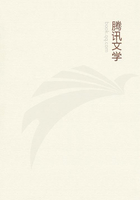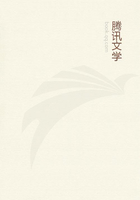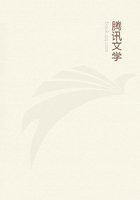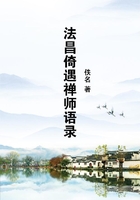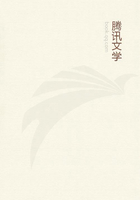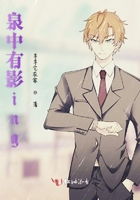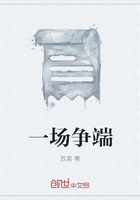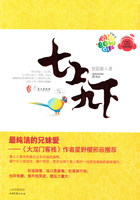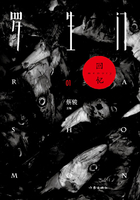Only see, my friend, how beautifully the sun glitters there among the pines, and how delightfully this air fans us! Ah, Lorenzo, this world is so beautiful, so very beautiful! Why must I leave it so soon?"Lorenzo made no answer; he could not speak for tears.
Ganganelli cast a long and silent glance around him, greeting with his eyes the trees and flowers, the green earth and the blue sky.
"Farewell, farewell, thou beautiful Nature!" he whispered low. "We take our leave of each other. I shall never again see these trees or this grassy seat. But you, Lorenzo, will I establish as the guardian of this place, and when you sometimes sit here in the still evening hour, then will you think of me! Now come, we must away. Feel you not this cool and gentle air? Oh, how refreshingly it fans and cools, but I dare not enjoy it--not I! This cooling cuts off a day from my life!"And with the haste of a youth, Ganganelli ran down the alley. Bathed with perspiration, breathless with heat, he arrived at the palace.
"Now give me furs, bring pans of coals, Lorenzo, shut all the doors and windows. Procure me a heat that will shut out death--!"But death nevertheless came; the furs and coverings, the steaming coal-pans with which the pope surrounded himself, the glowing atmosphere he day and night inhaled, and which quite prostrated his friends and servants, all that could only keep off death for some few weeks, not drive it away. More dreadful yet than this blasting heat with which Ganganelli surrounded himself, yet more horrible, was the fire that consumed his entrails and burned in his blood.
Finally, withered and consumed by these external and internal fires, the pope greeted Death as a deliverer, and sank into his arms with a smile.
But no sooner had he respired his last breath, no sooner had the death-rattle ceased in this throat, and no sooner had death extinguished the light in his eyes, than the cold corpse exhibited a most horrible change.
The thin white hair fell off as if blown away by a breath of air, the loosened teeth fell from their sockets, the formerly quietly smiling visage became horribly distorted, the nose sank in and the eyes fell out, the muscles of all his limbs became relaxed as if by a magic stroke, and the rapidly putrefying members fell from each other.
The pope's two physicians, standing near the bed, looked with terror upon the frightful spectacle.
"He was, then, right," murmured the physician Barbi, folding his hands, "he was poisoned. These are the effects of the /Acqua Tofana/!"Salicetti, the second physician, shrugged his shoulders with a contemptuous smile. "Think as you will," said he, "for my part I shall prove to the world that Pope Clement XIV. died a natural death."Thus saying, Salicetti left the chamber of death with a proud step, betaking himself to his own room, to commence his history of Ganganelli's last illness, in which, despite the arsenic found in the stomach of the corpse and despite the fact that all Rome was convinced of the poisoning of the pope, and named his murderer with loud curses, he endeavored to prove that Ganganelli died of a long-concealed scrofula!
And while Ganganelli breathed out his last sigh, resounded the bells of St. Peter's, thundered the cannon of Castle Angelo, and the curious people thronged around the Vatican, where the conclave was in solemn session for the choice of a new pope. Thousands stared up to the palace, thousands prayed upon their knees, until at length the doors of the balcony, behind which the conclave was in session, were opened, and the papal master of ceremonies made his appearance upon it.
At a given signal the bells became silent, the cannon ceased to thunder, and breathlessly listened the crowd.
The master of ceremonies advanced to the front of the balcony. A pause --a silent, dreadful pause! His voice then resounded over the great square, and the listeners heard these words: "/Habemus pontificem maximum Pium VI.!/" (We have Pope Pius VI.)And the bells rang anew, the cannon thundered, drums beat, and trumpets sounded; upon the balcony appeared the new pope, Juan Angelo Braschi, Pius VI., bestowing his blessing upon the kneeling people.
As they now had a new pope, nothing remained to be done for the deceased pope but to bury him; and they buried him.

